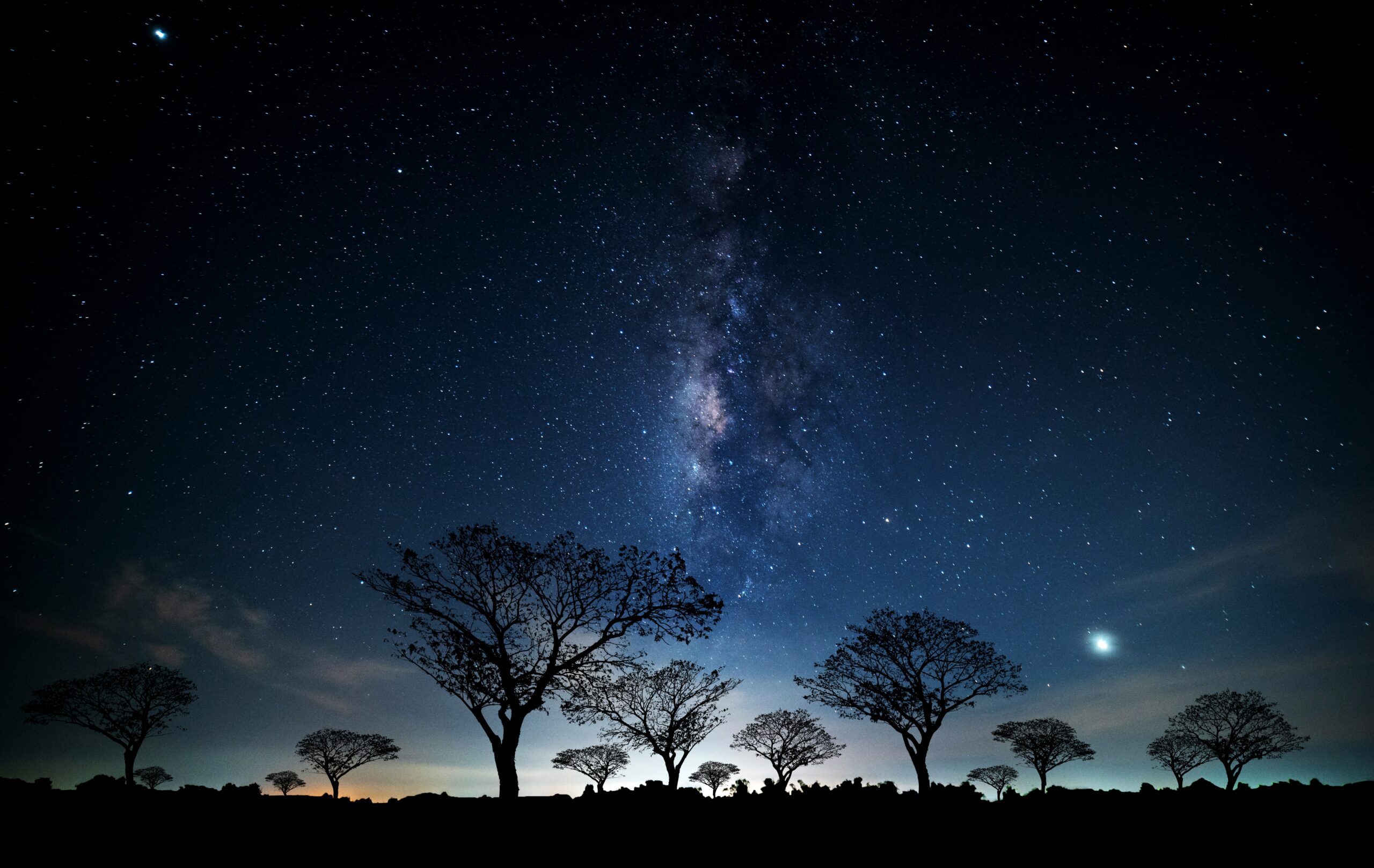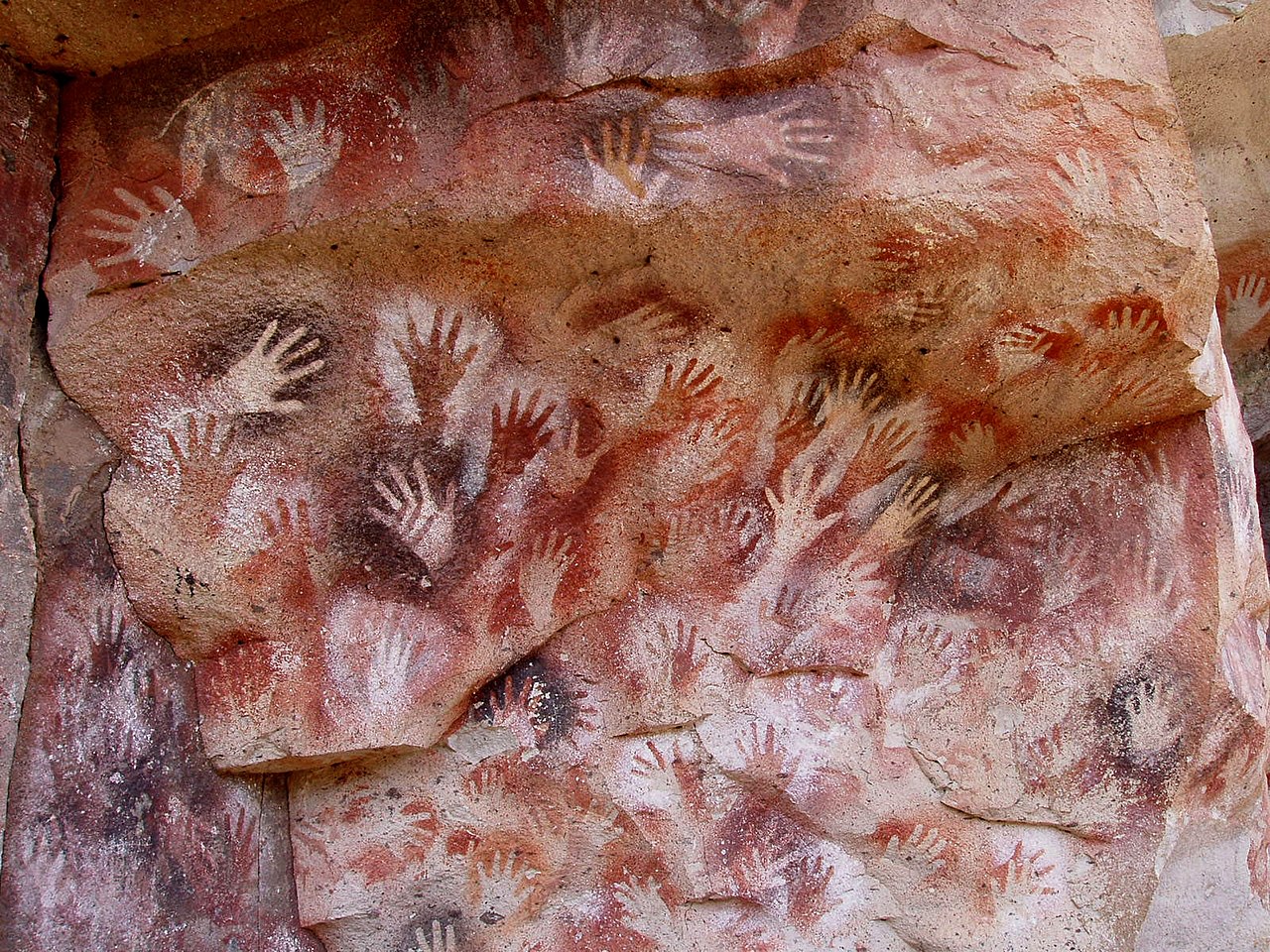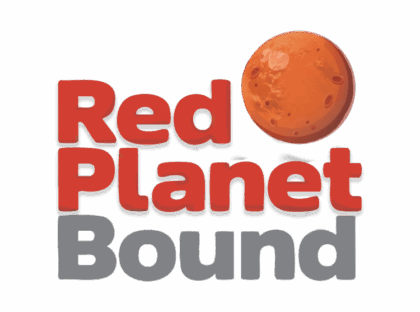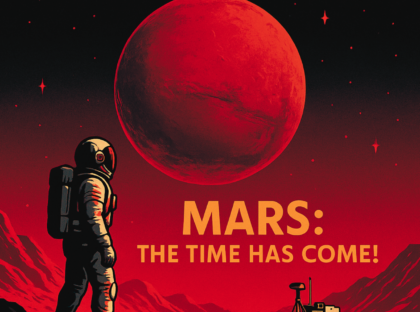By Evan Plant-Weir

Imagine that you have been transported 3.5 billion years into the past.
Somewhere on a young planet Earth, you find yourself standing by the edge of a warm tidal pool. In it, life has just taken shape for the very first time on this world, and perhaps anywhere.
As the result of circumstances that we still do not fully understand, non-living matter has somehow joined together in just the right way to generate a living system. You are witness to the mystery and wonder of abiogenesis.
Now, suspend disbelief for the moment and pretend that this community of microbial precursors has the capacity for thought and discussion. Gathering together in their solitary liquid bastion, they deliberate over a very important decision.
This choice will determine the fate of – well – every living thing to ever exist on Earth.
Should they proliferate beyond the sanctuary of their small pool?
What if it’s dangerous? What if the other pools have life too? How would their migration impact those life forms and vice versa? What about the home they already have, shouldn’t they focus on learning to live in that one?
Isn’t that enough?
On one hand, they could play it safe and stay in the pool, surviving for an arbitrary period of time before it is sterilized by some catastrophe. Maybe they will even get very lucky, and endure the long ages until the sun meets its end.
Either way, life on this planet would never flourish beyond that pool.
Alternatively, they could push out into the wider world, thereby ushering in the full, spectacular interplay of complex living systems on Earth; the vast and beautiful global ecosystem as we know it.
Standing there, bearing witness to the unfolding of their debate, what if you could communicate with them? What counsel would you give? Almost all life that will ever exist on this world hangs in the balance.
While considering your response, bear in mind that – although this thought experiment is largely an exercise of fiction – the dilemma itself is quite genuine. Whereas those first microbes had no capacity for thought and very little control over their future, their propagation beyond that solitary pool would ultimately give rise to creatures that do.
It is 3.5 billion years later, and a ragtag collection of ape descendants with questionable intelligence are deliberating on exactly this issue. We have returned to reality and the present day.
As we debate the pros and cons of settling Mars and elsewhere, Humanity is looking beyond the atmosphere with hope, apprehension, and with a very big decision to make.
Do we reach out beyond our little puddle?

As humans, we often see ourselves as somehow separate from the rest of the natural living world, though – of course – we are very much a part of it.
This imaginary distinction is manifested by our actions, for good and ill.
On one hand, so much of our wanton destruction of the environment originates from willful ignorance of the fact that our fate is tied to it. In that regard, acting as if we are distinct from nature is harmful.
At the same time, to ensure some measure of accountability for our impact on the world, it is necessary to think of ourselves as a system apart from it. To bear responsibility for our actions, we need to feel that they are being inflicted on the natural world, not originating from within it. Therein, it is perhaps beneficial to think of ourselves in those terms.
Thus is the double-edged sword of this illusion, which – like so many facets of the human condition – we will have to carefully consider and navigate in our journey to new worlds.
In our deliberations over whether we should become a multi-planetary species, however, it may also be useful to experiment with dropping that self-deception entirely. In truth, human activity is as much a part of nature as anything else. We aren’t something happening to the process of life, we are that process, as much as ferns, beetles, plankton, or anything else in the great organic web.
For billions of years, life on Earth has pushed out against its initial constraints, grasping tenaciously to any foothold it possibly can, adapting in remarkable ways to endure new and shifting conditions. Our existence as a species, and everything that we do, is both a product and a mechanism of that system.
Why would that process stop at the atmosphere?
How is our settlement of new worlds not a natural advancement of that ancient chain of events? Why is it any different than the migration of those theoretical first microbes from their tidal sanctuary?
I pose this question without a definitive answer in mind, but instead with the simple certainty that it needs to be asked.
It is sometimes said that the human settlement of other planets would be an act of arrogance. Consider instead that believing we should not go may actually be the more arrogant presumption. Is our wisdom greater than that primeval drive of life itself to proliferate and prevail? Do we have the right to intercede?
If we establish a sustainable and scalable presence on Mars this century, we will almost certainly do the same on other worlds within the next thousand years. Whether we terraform or develop advanced habitats, we will bring flora and fauna with us. As thousands of years turn to millions, and millions to billions, the subsequent potential for life to spread and blossom in the solar system (and perhaps beyond) could be vast beyond our imagining.
If we set aside that sticky illusion that humanity and nature are not one and the same, then this image is quite clear. It is the process of life continuing to do what it has always done: reach for new beginnings.
3.5 billion years from now, when the solar system teams with biodiversity far greater than that which a single planet could sustain – whether or not humans are still around – we will have served as one tiny mechanism in the great unfolding, a link in the chain of life like any other.
This isn’t about placing humans on a pedestal, but rather simply acknowledging that this could be the role set out for us by the universe, no more or less special than the bee pollinating flowers, or the tree producing oxygen.
This is not to say that we should have carte blanche in our settlement of other worlds. Our capacity for rational thought and morality are just as much a natural part of us, as we are a part of the world. We need to learn from past mistakes and proceed ethically and deliberately.
We must also, however, not forget that we are only a small part of a much larger story, that began long before us and will perhaps endure long after us. This choice could very well determine the fate of a vast web of life, far beyond the bounds of our little puddle.
Maybe one day, in the distant future, a technological species will arise from the primordial medium of a planet terraformed by humans.
Perhaps, if a time traveler from that species could visit us today and witness our indecision with regards to the settlement of other worlds, they might plead with us:
“You must go, for the sake of the solar ecosystem. This isn’t just about you. Try to understand your part in this. If you remain only here, so much beauty and complexity could be lost”

Evan Plant-Weir HBSc, is co-founder of The Mars Society of Canada. He is a passionate space exploration advocate, creative writer, science communicator, and content creator. Access Evan’s LinkedIn Page.


